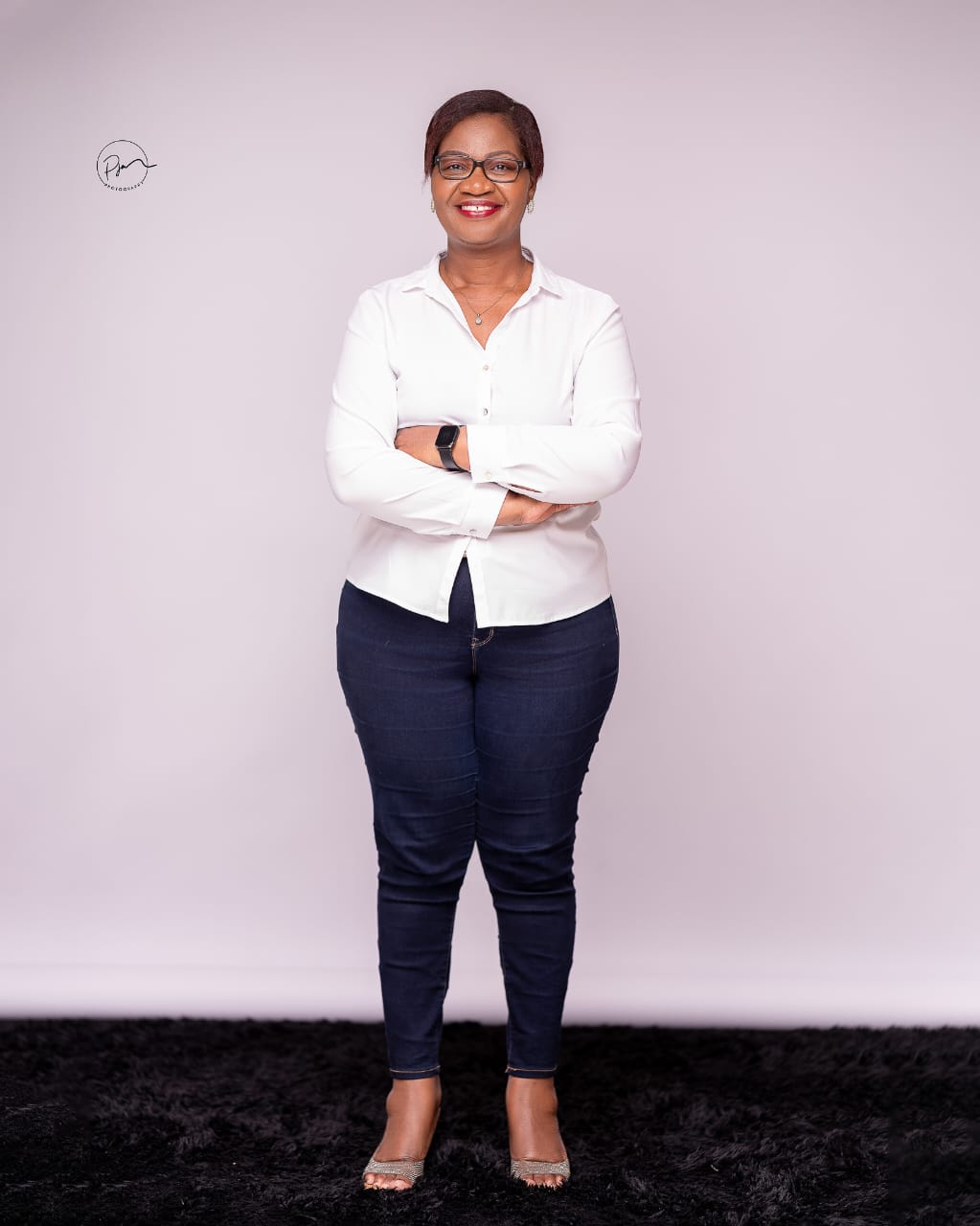December 3, 2024
“I will not allow anyone else to die”: Treating Pediatric HIV in Malawi
Phoebe Nyasulu watched several of her siblings die of AIDS. At the time, treatment in Malawi was scarce and the disease was still shrouded in shame and stigma.
“They all died in my house, in my hands,” Nyasulu said. “I got so angry looking at how devastating HIV can be, not only for my family, but beyond. I made a decision that I will not allow anyone else to die if I have the opportunity to help them.”

That decision led her to what she describes as her “calling” at Baylor College of Medicine’s Children’s Foundation in Malawi, where she has been in senior management for over a decade. Nyasulu is now executive director of the foundation, a position she has held for five years. The foundation is the first stand-alone clinic in Malawi dedicated to the care of HIV positive children and is the largest pediatric treatment center in Malawi. It is the implementing partner of the Texas Children’s Global Health Network in Malawi.
Since 2003, the Global Fund has invested more than US$2.1 billion in Malawi, and the overall life expectancy has risen from 44.7 years in 2000 to 62.5 years in 2021. Malawi has reduced its HIV prevalence by half and, compared to a decade ago, is seeing half the number of deaths. By the end of 2023, there were over one million people receiving antiretroviral therapy. The U.S. government has invested billions of dollars in Malawi’s HIV response, through both the Global Fund and the President’s Emergency Plan for AIDS Relief (PEPFAR). Through collaboration with the Global Fund, Malawi’s Ministry of Health and other key partners, PEPFAR has supported key achievements in prevention, treatment and system strengthening.
Nyasulu’s own losses – and caring for her orphaned nieces and nephews and their aftermath – have deeply informed her work.
“I learned to be patient in raising children who have lost their parents, to understand their anger and frustration,” she said. “I know how they feel and try to empathize. I try to put myself in the shoes of the clients we are serving.
”The foundation provides clinical treatment as well as nutritional and psychosocial support for the youngest infant patients and their families all the way through the teen years.
Nyasulu sees the foundation as a place where children should expect to be treated with dignity and respect. She noted that their death rate is “very, very low.”
“But because we are talking about people’s lives, even if it’s just one person, when we hear that a client has died, it really breaks our hearts. We are here to save lives, to make sure no one dies of AIDS-related illnesses. We want that to be achieved,” she said.
With support from the Global Fund, the foundation has been a leader in rolling out dolutegravir, known as DTG, a newer HIV treatment that is easier for children to tolerate than the traditional antiretroviral drugs. Globally, only 57% of HIV positive children are receiving antiretroviral treatment, compared to 77% of adults.
“DTG has made a huge difference,” Nyasulu said. Previously, an adult would have to crush up the bitter tasting pills and try to get the child to swallow them, a “nightmare” process. DTG, on the other hand, is formulated for children and has a much better taste.
“The response we have received has been so overwhelming,” said Nyasulu.
However, her staff still struggles to get patients under the age of five to adhere to the medication. Nyasulu said the foundation has started a special program for mothers and guardians to work on adherence.
Challenges like these are why Global Fund support remains so crucial.
“When you look at the gains we have registered over the years, they are enormous,” Nyasulu said. “Our children and adolescents have benefitted a lot.
“When you look at the gains we have registered over the years, they are enormous,” Nyasulu said. “Our children and adolescents have benefitted a lot. To sustain these gains, we need continued support.”
She noted that some patients who started at the foundation as babies are now adult university graduates, and some have even been able to start their own families.
“This program works,” she said. “But we have to be here for them. I might not be able to change the whole world, but the change I can make in the lives of our patients brings so much gratification. As soon as they walk into our center, they should feel welcome and loved. We should be able to build their hope.”
